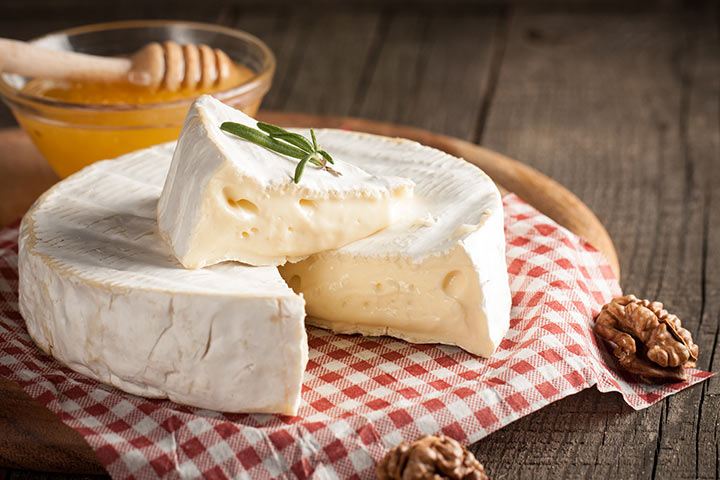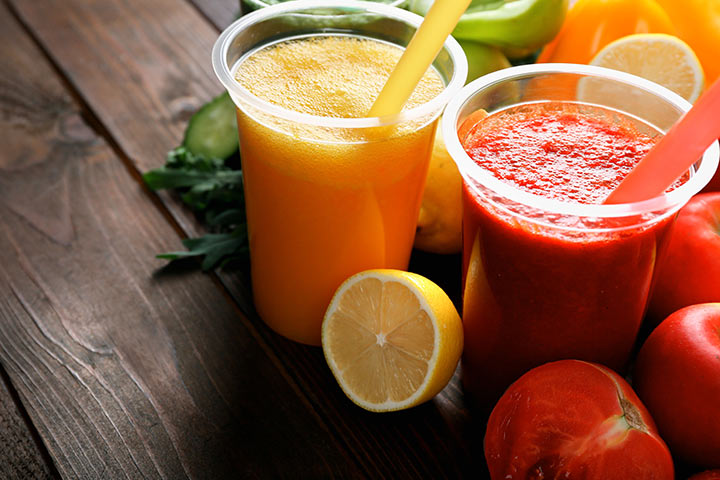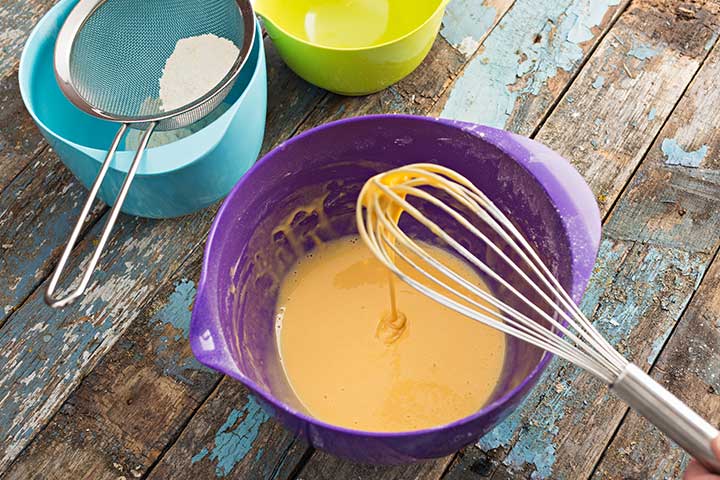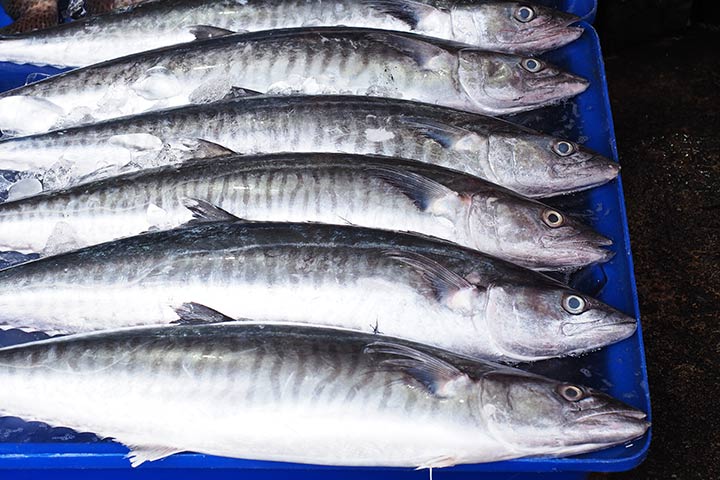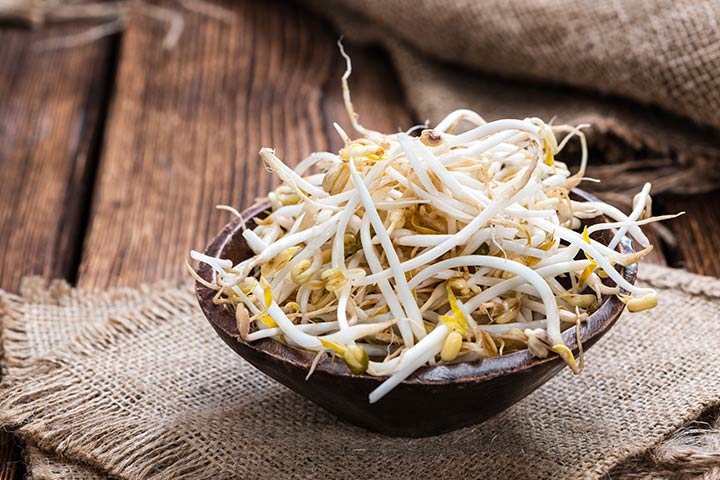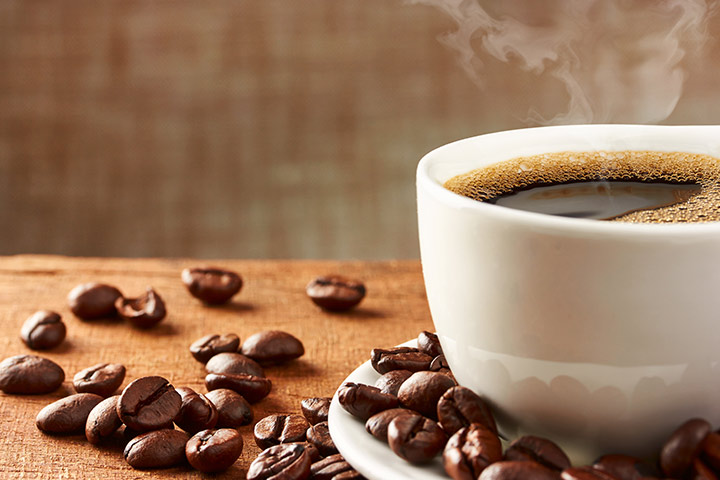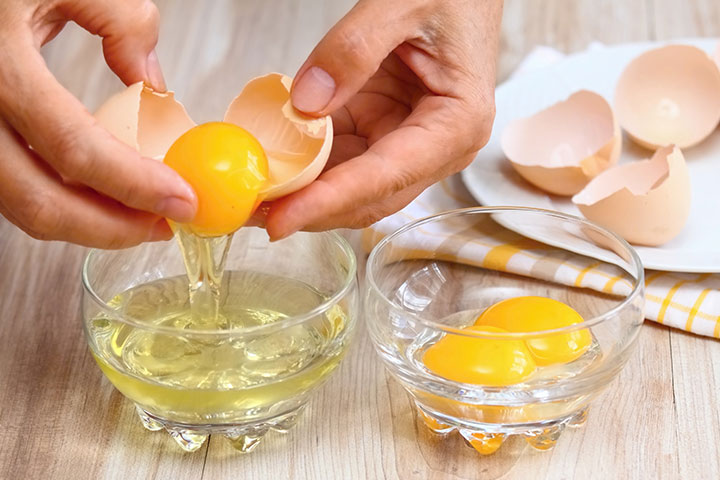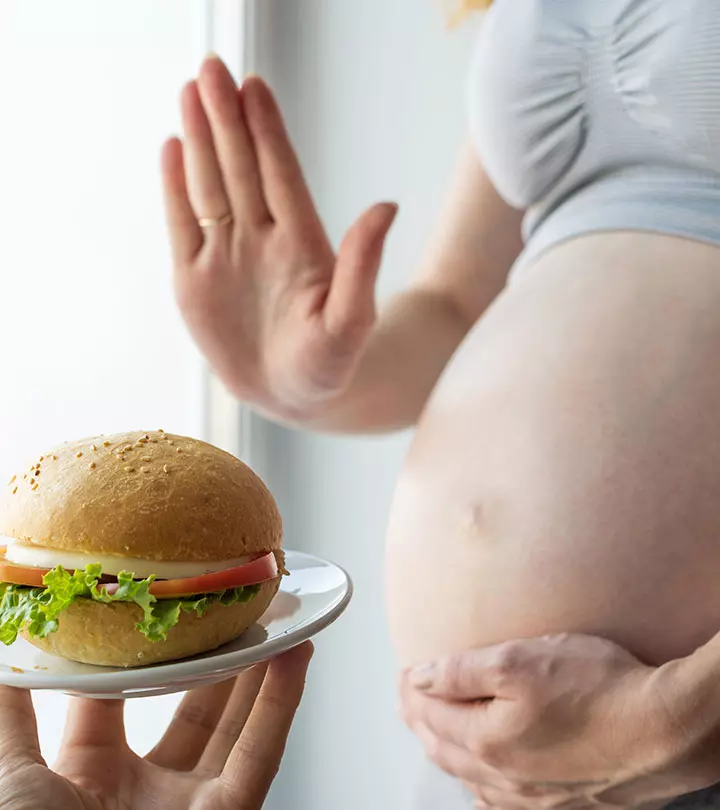
Image: Shutterstock
When you are pregnant, you want to make sure that you have the best possible diet to give your baby a healthy, nutritious start – right from the womb.
Your everyday diet becomes the main source of your baby’s growth and well being. You will be surprised to know that there are some things in your food which may pose a risk, not just to your own health but also to the little life developing in your womb.
Here we give you a list of food items that you should avoid consuming during pregnancy, or take adequate precautions before eating them.
1. Softer Cheese Varieties
Softer cheese varieties may contain an infection causing bacterium called listeria. It is better to give up on varieties such as gorgonzola, Danish blue, brie, goat-milk cheese, Camembert, Roquefort, etc.
You may opt to have them only if the label ascertains that the contents are pasteurized. It is better to eat hard cheese like parmesan and cheddar when you’re pregnant (1).
2. Meats and Fishes- Undercooked, Processed, Smoked and Perishables
Take care to ensure that the meat you eat is properly cooked and is served hot. If the meat is undercooked or still pinkish, there are chances that it may contain bacteria and toxoplasma that can cause infections. Use a food thermometer to be sure (2).
Likewise, you should be careful about eating deli-meats like hot-dogs, sausages or cold-cuts, and processed meat spreads because they contain the Listeria bacteria. These bacteria also grow in smoked fish variants (called lox/nova) such as smoked salmon, cod or tuna when kept in the fridge, since they can thrive in the cold fridge temperature.
So, it’s better to avoid these food choices. If you would still like to eat deli meats, make sure that you re-heat them until they are, at the very minimum, steaming. This kills the Listeria bacteria and make the meats safe for consumption.
3. Freshly Squeezed Juices
When you are out and about, a glass of freshly squeezed juice may seem like an ideal, healthy option, but unpasteurized juice may contain bacteria like E. Coli and Salmonella.
A majority of juices available commercially are pasteurized and are considered therefore safe for consumption by pregnant women. Before buying, however, make sure that you check the label, as a tiny minority of these come in unpasteurized variants as well (3).
4. Sushi
Sushi preparations usually involve using fishes in raw or near-raw forms that haven’t been frozen or adequately treated for safe consumption.
They may contain parasites which may cause stomach disorders and thus, it is better to avoid them when you are expecting and go for sea-food or meats that are fully cooked instead (4).
5. Raw Baking Dough
Raw baking doughs that contain raw eggs are not suitable for consumption during pregnancy, even if you just mean to taste it, because it may contain salmonella bacteria.
Salmonella can be the cause of some serious health complications for both the mother as well as the unborn child and anything that could cause the disease should thus be avoided (5).
6. Caesar Salad Dressing (Home-made)
If you are preparing dressings and dips like Caesar or mayonnaise at home, you should avoid consuming them if they contain raw eggs.
However, store brought variants of the dressings made from pasteurized eggs are considered fit for consumption.
7. Fish with High Mercury
Although consuming fish is considered good for pregnant mothers, certain varieties with high mercury content like swordfish, king mackerel, tile-fish, sharks, etc. should be avoided.
Go for safer options like tuna, cod, and salmon instead (6).
8. Fresh Vegetables and Fruits
Fresh fruits and vegetables are healthy, but you should eat them only after washing them thoroughly and gently scrubbing under running water.
Also, remove the portions which have scars or cuts. This is because those parts are breeding ground for parasites called toxoplasma and other bacteria (7).
9. Uncooked Sprouts
Uncooked sprouts like mung bean, alfalfa, radish, etc. are high on bacterial content, especially their seeds. So, avoid raw sprouts, whether you’re at home or you’re eating out. Instead, opt for cooked sprouts (8).
10. Uncooked Shellfish
Eating shellfish is ok only if it has been thoroughly cooked. Uncooked or undercooked shellfish may have considerable traces of bacteria, virus, toxins and bacterial contaminants, so its consumption during pregnancy is a total no-no (9).
11. Food Kept Out For Long
Avoid cooked food that has been kept outside for long, i.e., beyond the permissible limit, is two hours.
Cooked food and staples start to spoil within a few hours, so if they haven’t been refrigerated, it is better to skip them than to risk falling sick.
12. Raw Milk
Raw milk, even if it is fresh but hasn’t been pasteurized can contain bacteria and therefore should not be consumed by expecting mothers (10).
13. Excess Caffeine
Caffeine, found in beverages like tea, coffee, cold drinks, chocolates, soda, etc. is considered by many as a staple of their daily routine.
However, pregnant women should exercise caution with how much caffeine they consume on a daily basis. The maximum recommended amount of caffeine consumption for pregnant women is about 200 mg per day (11).
14. Alcohol
Alcohol isn’t really a good option during pregnancy because it can cause several health and birth complications like miscarriages, premature birth, low birth-weight etc. Alcohol consumption during pregnancy is also known to cause the Fetal Alcohol Syndrome/Disorder (12).
15. Raw Eggs
Raw eggs in any form- batter, dips, sunny-side poaches, eggnogs or any other variety can cause infections due to the presence of salmonella (13). But you can enjoy this wholesome food in cooked forms.
So these were some food items that can pose a risk to you, if you are expecting a baby. Keep the list in mind the next time you plan your meals, and keep yourself and your baby healthy and safe.

